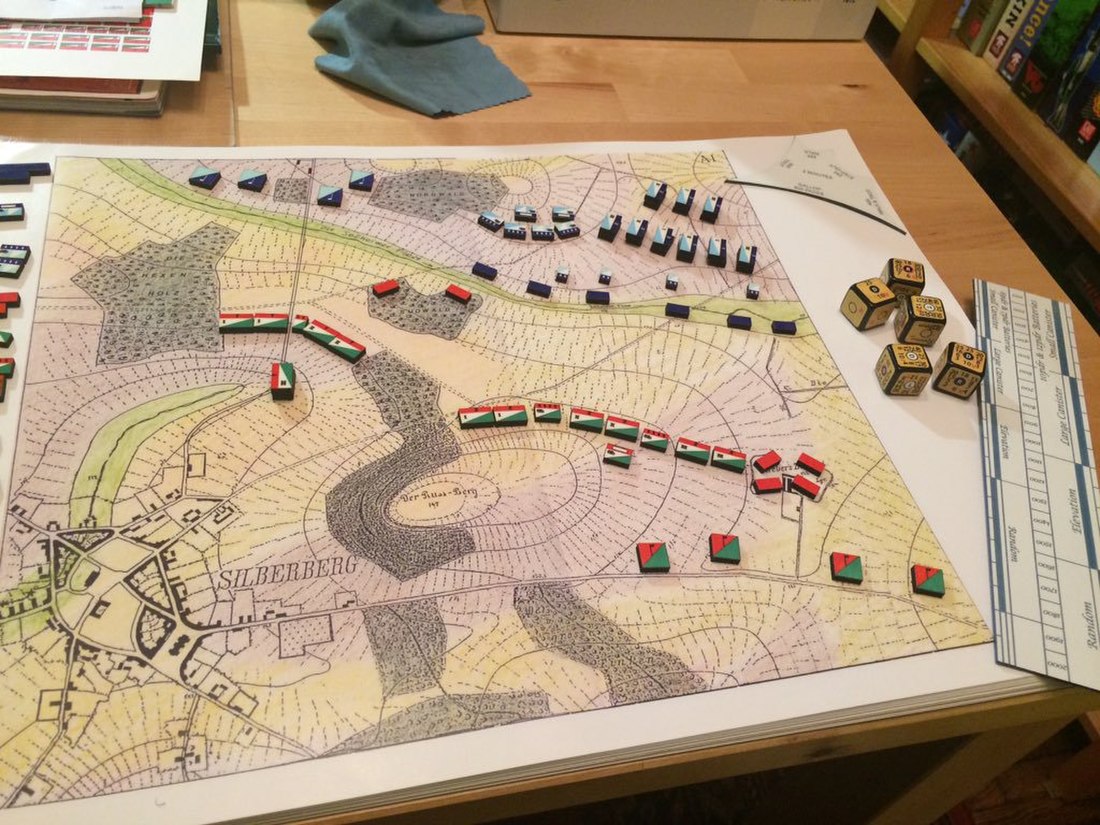Top Qs
Timeline
Chat
Perspective
Castle & Crusade Society
Miniature wargaming club From Wikipedia, the free encyclopedia
Remove ads
The Castle & Crusade Society was a chapter of the International Federation of Wargaming dedicated to medieval miniature wargaming.[1]
Formation
It was formed by Gary Gygax and Rob Kuntz in 1970. Its starting membership included Gary Gygax, Rob Kuntz and Jeff Perren, and as of mid-April 1970, also included Dave Arneson.
Gygax created the Castle & Crusade Society special interest group as part of the International Federation of Wargamers, inspired by his enthusiasm for medieval warfare.[2]: 6 Gygax had developed an interest in miniature games, so he and Jeff Perren designed a set of medieval miniatures rules called 'Chainmail' which was first published in the Castle & Crusade Society's fanzine The Domesday Book.[2]: 6
Remove ads
Domesday Book

The C&CS published a newsletter called the Domesday Book. Its first issue is dated March 1, 1970; both the first and second issues are only a single page long. As of the third issue, membership stood at only nine persons; circulation of this newsletter would never exceed eighty copies. The fifth issue contained a set of rules called the LGTSA Medieval Miniatures rules which would be expanded and published by Guidon Games as Chainmail in 1971; this being one of the primary predecessors of the original Dungeons & Dragons role-playing game. Issue #9 contained a map of the Great Kingdom, the campaign environment in which the cities of Blackmoor and Greyhawk were first initially developed for the purposes of a C&CS play-by-mail game.
Issue #13 of the Domesday Book published some early details, as well as a map, of Blackmoor from Dave Arneson's first fantasy role-playing campaign in July 1972.[3] This article was reprinted almost verbatim in The First Fantasy Campaign (1977), with slightly altered map art.[4]
Remove ads
2008 Relaunch
The Castles & Crusades Society officially re-launched as an online society dedicated to supporting and promoting gaming, especially RPGs, in 2008. The Domesday Book was re-launched with new, quarterly editions beginning in April 2008.
See also
References
Wikiwand - on
Seamless Wikipedia browsing. On steroids.
Remove ads
